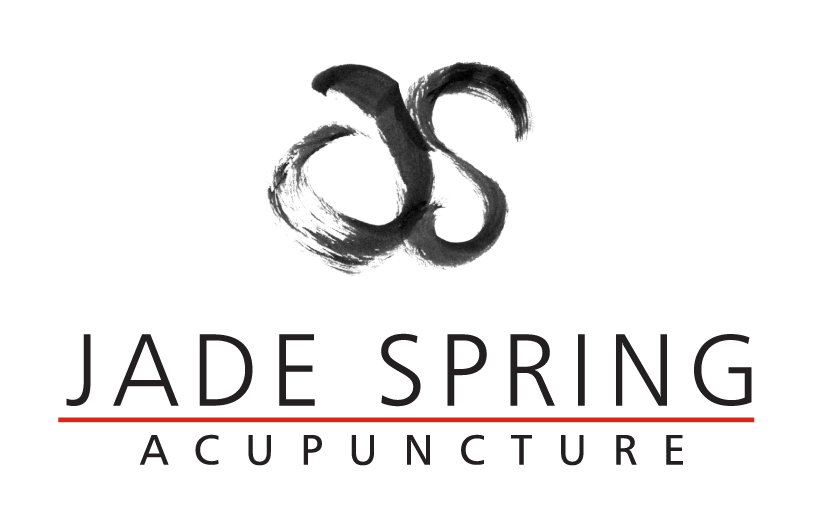Some of our best Friends are germs
Did you realize that germs, particularly microbes residing in our gut, play a key role in our health? You are no doubt aware of the detrimental health effects of exposure to “bad germs”, but now studies are being conducted that show that our guts are inhabited by thousands of strands of microbes that are absolutely essential to our digestive, as well as, overall health.
This blog (which is based on a New York Times article, Some of my Best Friends are Germs) is the first in a series of three posts about these good germs and the impact they have on our health.
Part I: Spending time outdoors, with animals and community supports healthy gut microbes
Part II: Populating our gut with healthy microbes by consuming whole foods
Part III: The role of natural childbirth and breast-feeding in establishing healthy gut bacteria
PART 1: Some of our best friends are germs
Background
We come into contact with microbes all the time, and what’s more, they also inhabit our skin, nose, mouth, eyes and gut. As a matter of fact, microbes are what make our digestion stay on track, and without a sufficiently diverse gut microbe our digestion suffers, which in turn can lead to chronic diseases such as allergies, asthma, Type 2 diabetes and cardiovascular disease.
Healthy digestion is much more than having regular bowel movements, and scientists are finding that the healthiest individuals have trillions of different microbes existing within their bodies at any given time. Diversity of microbes not only allows our body to fight off the “bad germs,” but also keeps us healthy.
Studies are showing that in the west, many people’s gut microbes are severely deficient and new research is looking at the link between some of our chronic modern diseases and a lack of diversity of these. While it seems that it is important to establish a healthy microbe diversity early in life, there are things we can do throughout life, that can expose us to healthy doses of germs:
“A little dirt, never hurt” is a saying that biologists around the world support. People from rural areas tend to spend a lot of time outdoors exposed to the soil. While the people of the remote Amazon rain forest have low life expectancy due to living in a harsh physical environment, scientists around the world revere them for having trillions of microbes and being some of the healthiest individuals on the planet. So, go outside, garden, play in the dirt or go on a dusty hike to get more soil in contact with your skin.
Similarly, people who live with extended families or within communities are healthier. The more exposure we have to multiple individuals, the more microbes we gain. Living in a nuclear family, as is often the case in the West, can be detrimental to our health. Stay connected to your community.
Infants and children that are exposed to animals, such as dogs, cats, cattle, horses, etc., have a lower rate of allergies and asthma than children not exposed to animals. This is for two reasons; animals share their own germs and animals share the germs of others who touched them through petting and licking. Therefore, pet your animals more. If you don’t have animals, go to a dog park to play or go to a farm or zoo where you can interact with animals.
Read more about this fascinating topic:
Part I: Spending time outdoors, with animals and community supports healthy gut microbes
Part II: Populating our gut with healthy microbes by consuming whole foods
Part III: The role of natural childbirth and breast-feeding in establishing healthy gut bacteria



